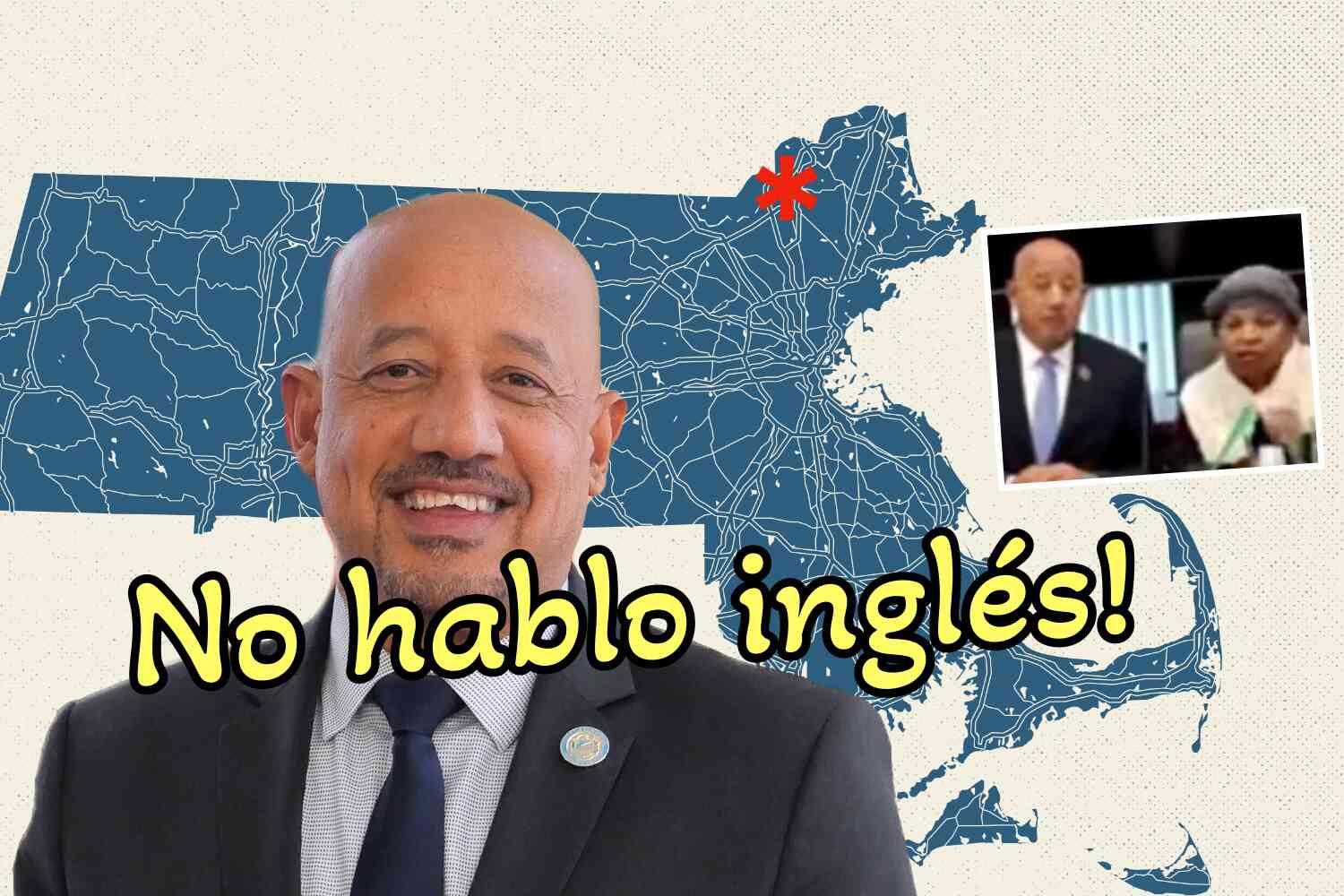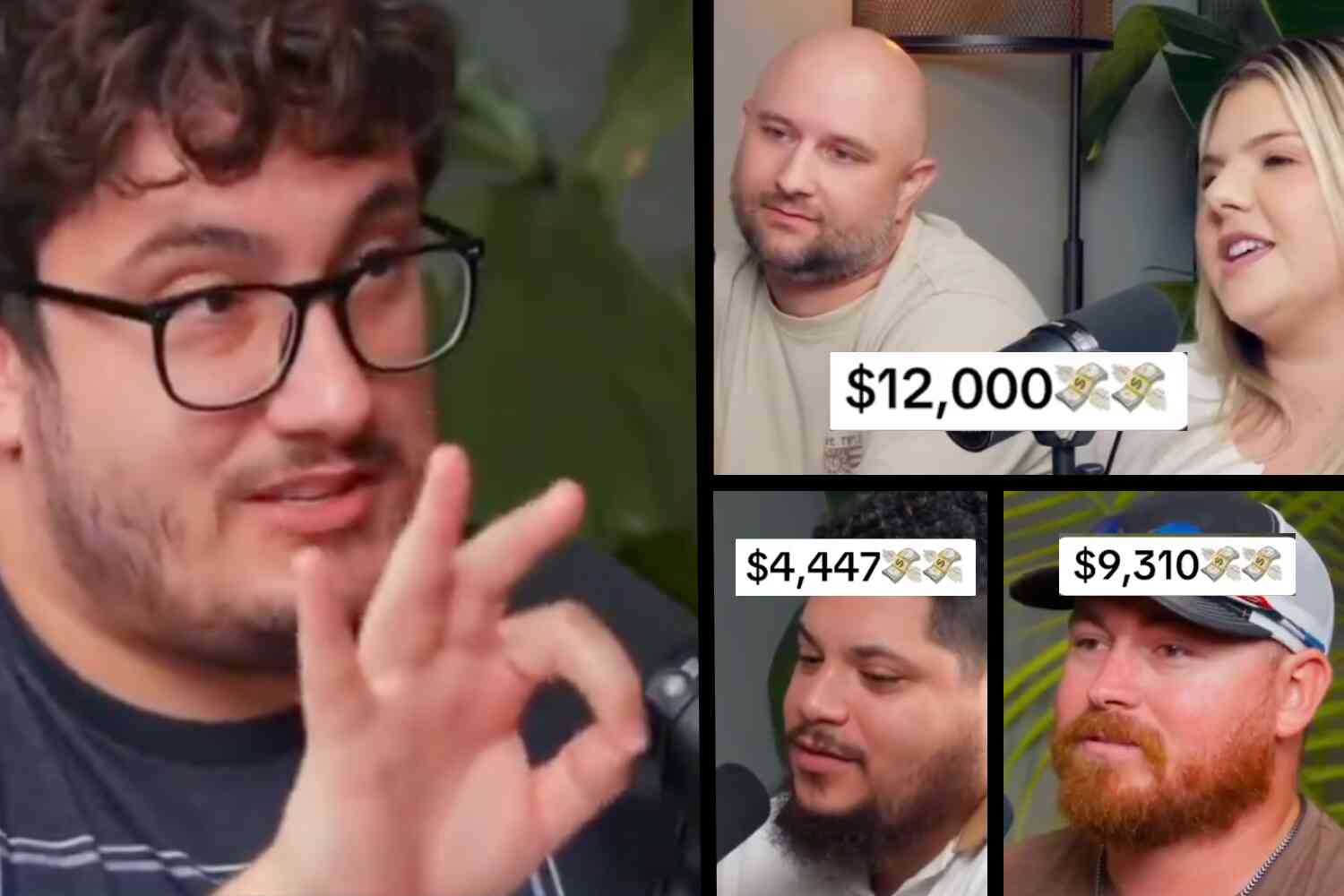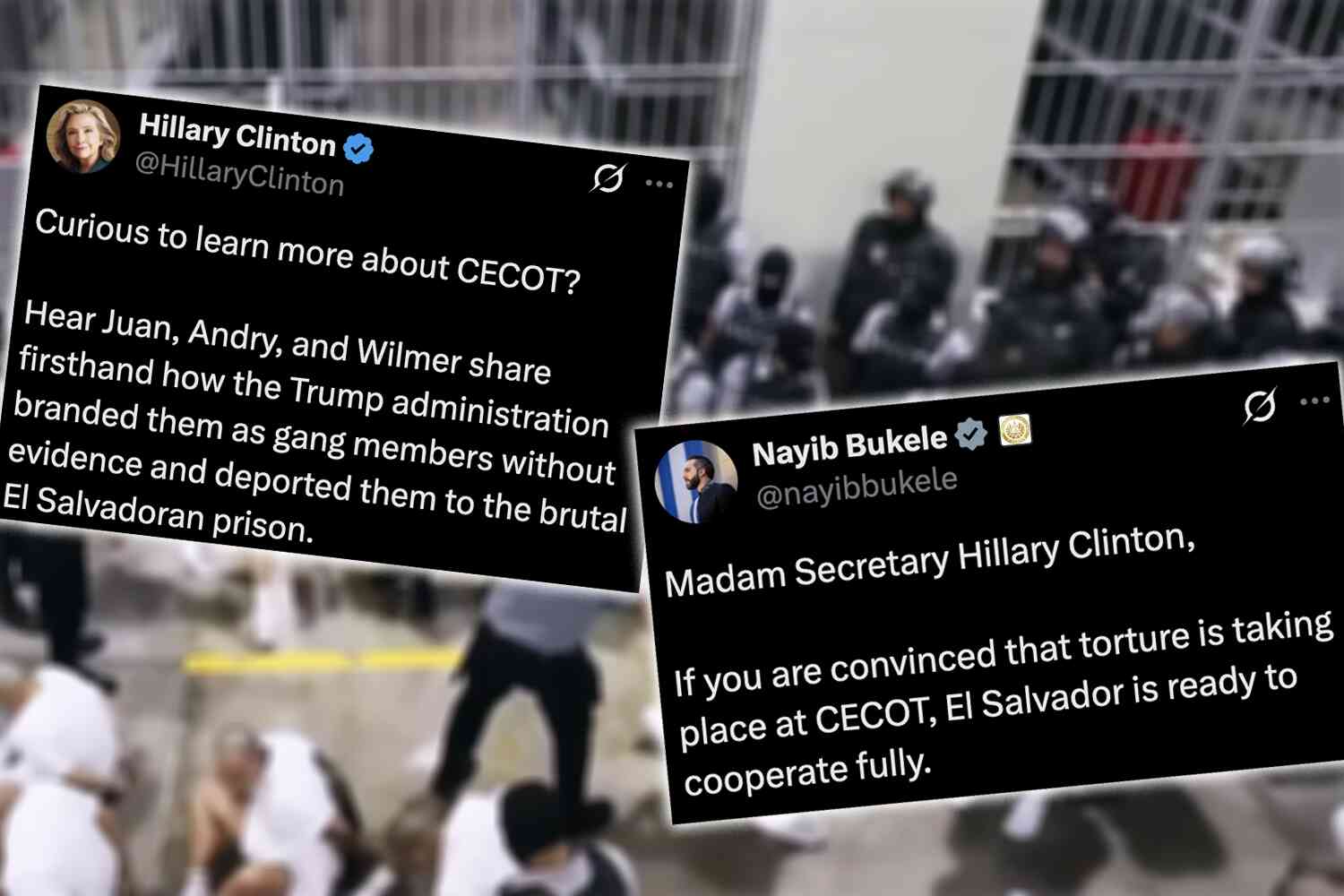So much freedom to suppress, so little time.
Major social platforms have been cracking down on the spread of misinformation and conspiracy theories in the leadup to the presidential election, and expanded their efforts in the wake of the Jan. 6 Capitol riot.
"Misinformation," redefined to mean, "information inconvenient to the prevailing state narrative."
But Apple and Google, among others, have left open a major loophole for this material: Podcasts.
As a reminder, this is the Associated Press. They derive both social and legal protection under our society's commitment to a "free press." You'd think they'd make the connection. I mean, it's right there in their name.
Podcasts made available by the two Big Tech companies let you tune into the world of the QAnon conspiracy theory, wallow in President Donald Trump's false claims of a stolen election and bask in other extremism.
"Let you."
They write this like it's no big deal, like they are giving permission, as if any was needed, for people to speak freely.
These are private companies, but even leaving aside the manner in which they are overtly acting both in concert with each other and the objectives of the state, you would again think that the AP would recognize the danger of what they are advocating. They think they are protected. The New York Post probably thought that too when a completely legitimate and 100% accurate news story was suppressed in a concerted effort by Big Tech to protect one political candidate over another.
Elsewhere on social media, Twitter,Facebook and YouTube have been cracking down on accounts amplifying unfounded QAnon claims that Trump is fighting deep state enemies and cannibals operating a child-sex trafficking ring.
This is trick that must be called out every time, conflating one thing, "deep state enemies," with something presumably absurd, "cannibals operating a child-sex trafficking ring."
You don't have to believe in a broad organized conspiracy to believe that the permastate of the federal bureaucracy was thwarting and undermining President Trump. They did it openly and were even praised for it by the press.
One literally said, "I am part of the resistance."
But, shut up about there being deep-state enemies because cannibals!
"Podcasts filled with hatred and incitement to violence should not be treated any differently than any other content."
Once again, a two-fer. Incitement to violence is not protected speech. But hatred? Anyone at the AP spend more than seven seconds on twitter?
It's also important for you to know that podcasts that the AP does not approve of are,
"..supported by ads for products such as survivalist food, unlicensed food supplements and gold coins, which run before and during the podcasts.
This is never brought up again in the article, it makes no particular point, it's just thrown in there and is pure class signaling.
You know, "those people." The ones who purchase "survivalist food" which no one but extremists, white supremacists, and the Federal Emergency Management Agency, recommends.
"Unlicensed food supplements."
Unlicensed? Sounds extra sinistery. Except that in a rare nod to freedom, all food supplements are essentially "unlicensed." Not unregulated, but unlicensed.
The horrors!
And "gold coins!"
It's not as if we're engaging in a worldwide orgy of money printing and fiscal stimulus that could drive the price of traditional safe havens and "hard" money like gold higher. That's nuts to think that could happen.
Also, it's happening.
But some argue that tech-company moderation is opaque and inconsistent, creating a new set of problems. Censorship "goes with the tide against what's popular in any given moment," said Jillian York, an expert at the Electronic Frontier Foundation, a digital-rights group. Right now, she said, "that tide is against the speech of right-wing extremists ... but tomorrow the tide might be against opposition activists."
"Some argue."
But thanks to the AP, we already know all about those kinds of people.









